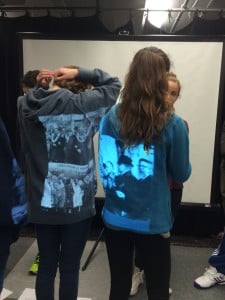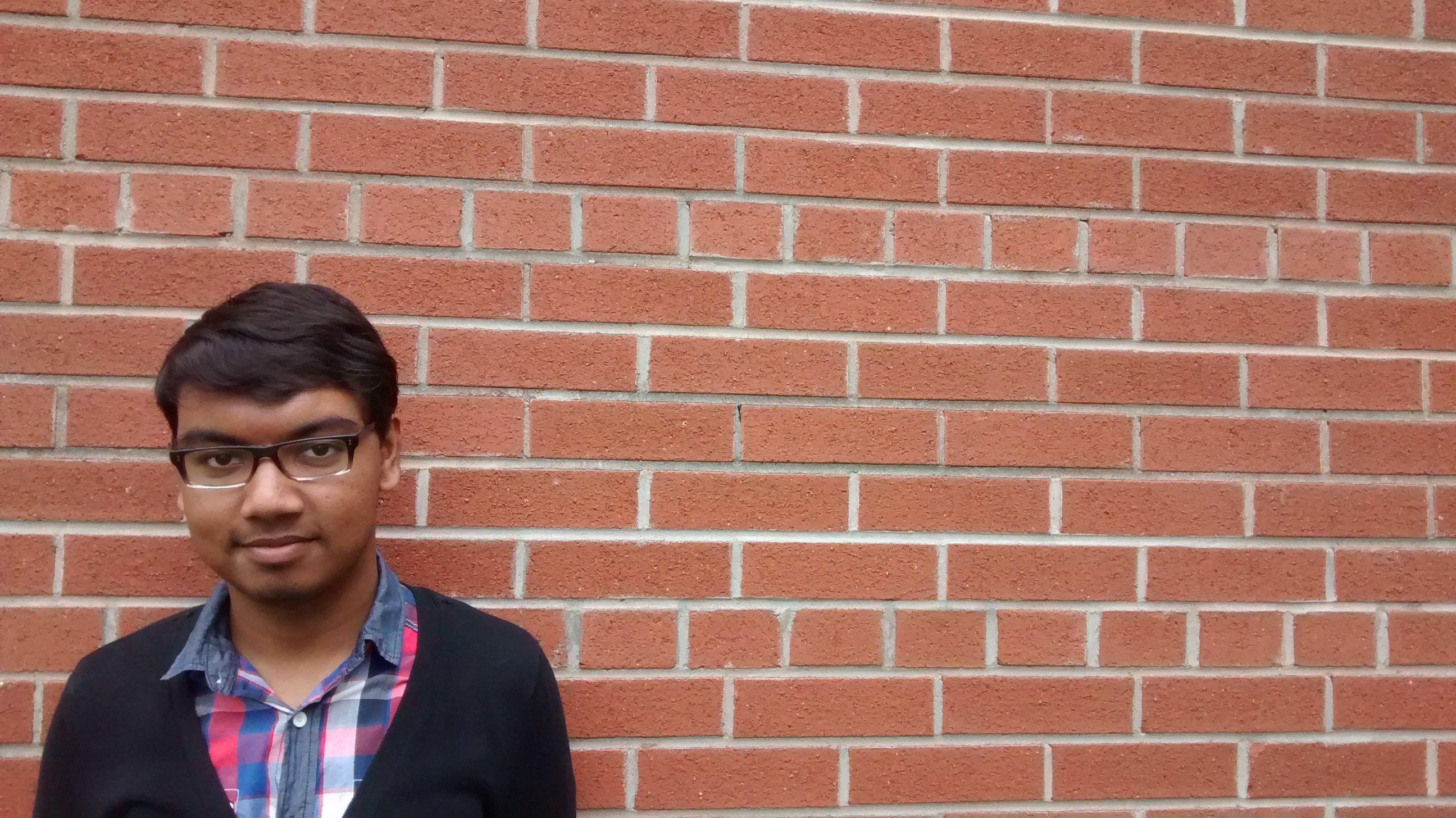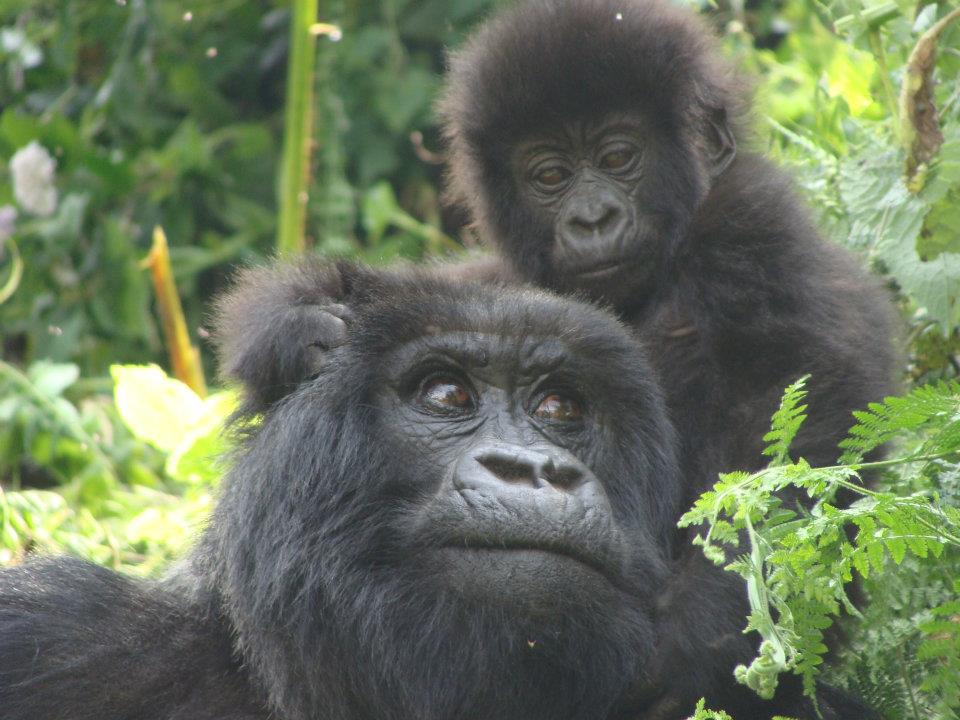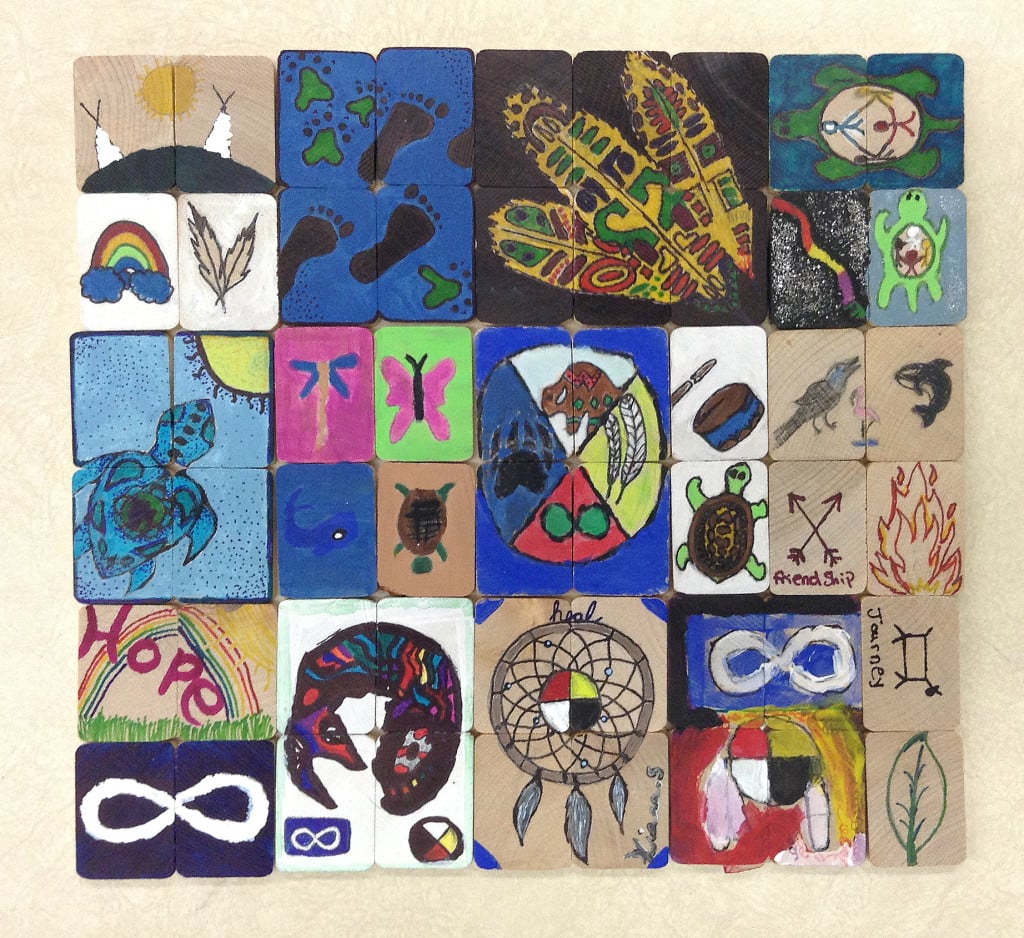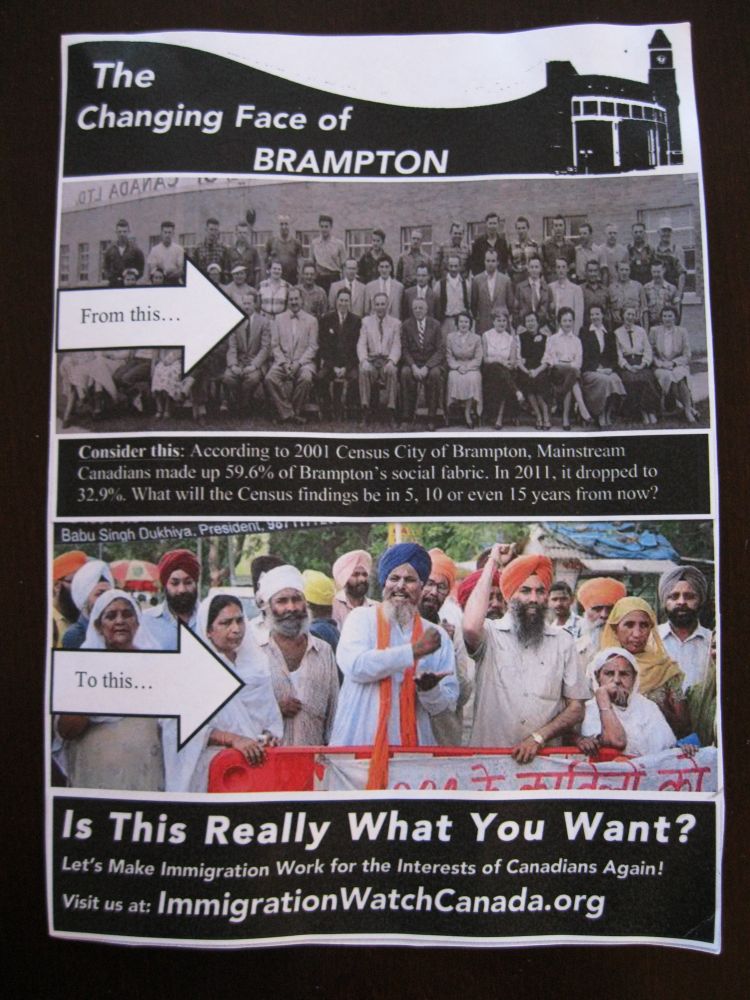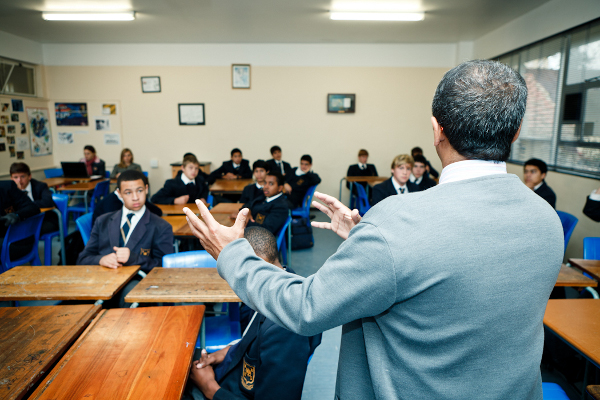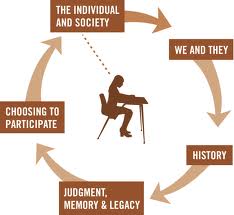Dictionaries define the word “neighbour” solely based on close physical proximity; we feel close to someone because we live next door, or down the hall, or across the street. But what happens when a connection is needed from someone farther away?
"Love thy neighbour as thyself": Helping students bridge distance in their own communities and beyond
Posted by Emily Weisberg on December 13, 2015
Topics: Antisemitism, Choosing to Participate, Events, Facing History Resources, News, Identity, Facing History Together, Facing History and Ourselves, current events, We and They, Culturally Responsive and Relevant Pedagogy, Lesson Ideas, In the news
Stolen Lives: The Indigenous Peoples of Canada and the Indian Residential Schools.
Posted by Leora Schaefer on November 26, 2015
On November 26, we released Stolen Lives: The Indigenous Peoples of Canada and the Indian Residential Schools. This new resource brings educators new primary sources and first-person accounts about a painful period in Canadian history, when about 150,000 Indigenous children were forcibly taken from their families and stripped of their language, culture, and traditions.
Topics: Human Rights, Facing History Resources, Identity, Facing History and Ourselves, History, Canada, Racism, current events, We and They, Culturally Responsive and Relevant Pedagogy, genocide, legacy, In the news, English Classroom, Social Justice
As an educator I often wonder what students remember once they have left my classroom. It is my hope that when they leave they take with them critical thinking skills, the ability to engage in difficult conversations, and a deeper understanding of how we are all connected - in the past, present, and future. Through all of my various attempts to learn from my students what they are getting out of their Facing History and Ourselves class, I have found that the best way to find out what students are learning is to ask them.
Each year, at the end of our grade 11 elective Facing History and Ourselves course, Genocide and Crimes Against Humanity, we take the time to reflect on our learning and ourselves. This year a group of students from my classroom chose to participate in a reflective interview process in lieu of their final journal entry assignment, and agreed to share their reflections.
Below, as inspired by the popular blog Humans of New York and the Facing History project, Humans of the Woodlands, you'll have the chance to glimpse into the classroom learning and life of a few of my Facing History and Ourselves students.
Topics: Choosing to Participate, Identity, History, Holocaust Education, Memorial, We and They, Culturally Responsive and Relevant Pedagogy, legacy, Genocide and Crimes Against Humanities Course, Holocaust and Human Behaviour, Inside a Genocide Classroom, Social Justice, Personal history, reflection
We are very happy to welcome the voice of student Anmol Sandhu to the Facing History and Ourselves Ontario Network blog this week as she reflects on the power of choosing to participate.
Topics: Choosing to Participate, Identity, Media Skills, current events, We and They, Culturally Responsive and Relevant Pedagogy, Genocide and Crimes Against Humanities Course, CHG, Social Justice
The beginning of any Facing History and Ourselves journey is an investigation of identity and membership. As we study these concepts in history, we see the impact that they have on the way that people see the world and the choices that they make. We all have our own individual and group identities – but how do we expand those? How do we include more people, more 'others,' in our universe of obligation?
Topics: Choosing to Participate, Identity, We and They, Personal history
Six years ago, Prime Minister Stephen Harper made a public apology on behalf of all Canadians for the residential schools the government of Canada created in the 19th century that plagued the fabric of Canadian history for generations to come. Between 1880 and 1996, more than 150,000 First Nations, Inuit, and Métis children were forced into Indian residential schools and thousands did not survive. Those that did survive suffered a loss of language, culture, family, and self. Many suffered abuse at the hands of those who were supposed to care for them.
Topics: Art, Choosing to Participate, Human Rights, History, Innovative Classrooms, Memorial, We and They, Culturally Responsive and Relevant Pedagogy, Social Justice
Facing History Students in Brampton Counter Anti-Immigration Flyer with Positive Message
Posted by Ben Gross on May 28, 2014
Topics: Choosing to Participate, Human Rights, Identity, Innovative Classrooms, current events, We and They, In the news, CHG, Social Justice
Later this week, South Africa will celebrate 20 years of democracy – on April 27, 1994, citizens of the country voted alongside one another in the first post-apartheid elections. The case study of South Africa is an important one to introduce students to ideas about global citizenship, while teaching about the formation and strategies of the anti-apartheid movement. Check out the five resources below to help plan a lesson that explore issues of human rights and this important moment in South African history in your classroom:
Topics: Choosing to Participate, Human Rights, Facing History Resources, Identity, History, Memorial, current events, We and They, In the news, Social Justice
Inside a Genocide Studies Classroom: Where to Begin? Identity
Posted by Lanny Cedrone on April 3, 2014
With any new course, teachers will often ask themselves, “Where do I begin?” This is an even more daunting question when dealing with such a difficult subject as genocide. In my preparation for teaching the Grade 11 Genocide and Crimes Against Humanities course at Louise Arbour Secondary School, I asked myself, “How can the students and I relate to situations that are so extreme and beyond most of our experiences?”
Topics: Identity, milgram, We and They, Strategies, Genocide and Crimes Against Humanities Course, Inside a Genocide Classroom
Here at Facing History and Ourselves, we are always reading! As the 8th Commandment of teaching Genocide says "Thou shalt read in order to understand how much more you need to read." As you readjust to being back from March Break feeling wonderfully refreshed, or are restlessly waiting for spring to arrive, and looking for something to pick up for a good read, here are some options, from us to you!
Topics: Books, Professional Development, Events, History, current events, We and They, genocide, In the news

